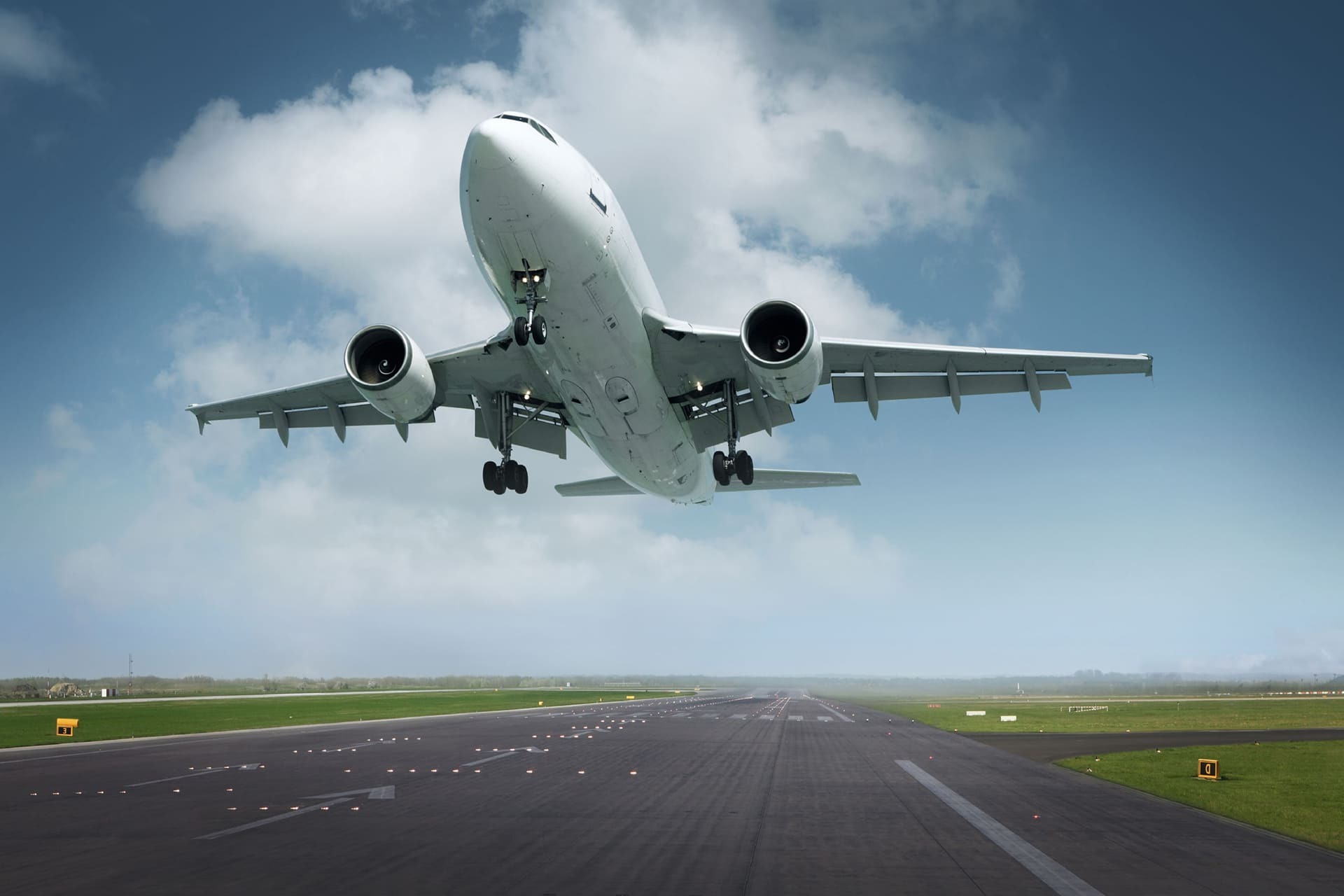
What are FAA regulations? They are rules set by the Federal Aviation Administration to ensure safe and efficient air travel. These regulations cover everything from pilot licensing to aircraft maintenance. Why should you care? Because they impact anyone who flies, whether as a passenger or a pilot. How do they affect you? They ensure your flight is safe, your pilot is qualified, and your plane is well-maintained. Want to know more? Keep reading to uncover 23 intriguing facts about FAA regulations that will make you appreciate the next time you buckle up for takeoff.
What Are FAA Regulations?
The Federal Aviation Administration (FAA) sets rules to ensure safe air travel. These regulations cover everything from pilot training to aircraft maintenance. Let's dive into some interesting facts about FAA regulations.
- Established in 1958: The FAA was created to regulate all aspects of civil aviation in the U.S.
- Air Traffic Control: The FAA manages over 5,000 aircraft in the sky at any given time.
- Pilot Licensing: Pilots must pass rigorous tests and meet strict criteria to get licensed.
- Aircraft Certification: Every aircraft must be certified by the FAA before it can fly.
- Safety Inspections: Regular safety inspections are mandatory for all commercial aircraft.
Pilot Training and Certification
Becoming a pilot involves more than just learning to fly. The FAA has specific requirements for training and certification.
- Minimum Flight Hours: Pilots need at least 40 hours of flight time to get a private pilot license.
- Medical Exams: Pilots must pass medical exams to ensure they are fit to fly.
- Written Tests: A written test covering aviation knowledge is required.
- Checkrides: Pilots must pass a practical test known as a checkride.
- Recurrent Training: Ongoing training is required to maintain certification.
Aircraft Maintenance and Safety
Aircraft maintenance is crucial for safe flying. The FAA has stringent rules to ensure aircraft are in top condition.
- Scheduled Maintenance: Regular maintenance schedules are mandatory.
- Airworthiness Directives: The FAA issues directives to address safety issues.
- Maintenance Records: Detailed records of all maintenance work must be kept.
- Mechanic Certification: Aircraft mechanics must be certified by the FAA.
- Safety Audits: The FAA conducts safety audits to ensure compliance.
Air Traffic Control and Management
Managing air traffic is a complex task. The FAA has systems in place to keep the skies safe and efficient.
- NextGen System: The FAA is implementing NextGen, a modern air traffic control system.
- Radar Technology: Advanced radar systems track aircraft movements.
- Flight Plans: Pilots must file flight plans before taking off.
- Communication Protocols: Strict communication protocols are in place for pilots and controllers.
- Weather Monitoring: The FAA monitors weather conditions to ensure safe flying.
Passenger Safety and Comfort
Passenger safety is a top priority for the FAA. Regulations ensure that airlines provide a safe and comfortable experience.
- Seat Belt Requirements: Passengers must wear seat belts during takeoff, landing, and turbulence.
- Emergency Exits: Aircraft must have clearly marked and accessible emergency exits.
- Cabin Crew Training: Flight attendants receive extensive training in safety procedures.
Final Thoughts on FAA Regulations
FAA regulations play a crucial role in keeping our skies safe. From pilot certifications to drone usage, these rules ensure everyone follows the same standards. Understanding these regulations can help you navigate the complexities of aviation, whether you're a seasoned pilot or just curious about flying. Staying informed about updates and changes is essential, as the FAA continually adapts to new technologies and challenges. By following these guidelines, we contribute to a safer, more efficient airspace for all. So next time you board a plane or see a drone overhead, remember the extensive work behind the scenes that makes it all possible. Knowledge of FAA regulations isn't just for professionals; it's valuable for anyone interested in aviation. Keep learning, stay safe, and enjoy the wonders of flight.
Was this page helpful?
Our commitment to delivering trustworthy and engaging content is at the heart of what we do. Each fact on our site is contributed by real users like you, bringing a wealth of diverse insights and information. To ensure the highest standards of accuracy and reliability, our dedicated editors meticulously review each submission. This process guarantees that the facts we share are not only fascinating but also credible. Trust in our commitment to quality and authenticity as you explore and learn with us.


